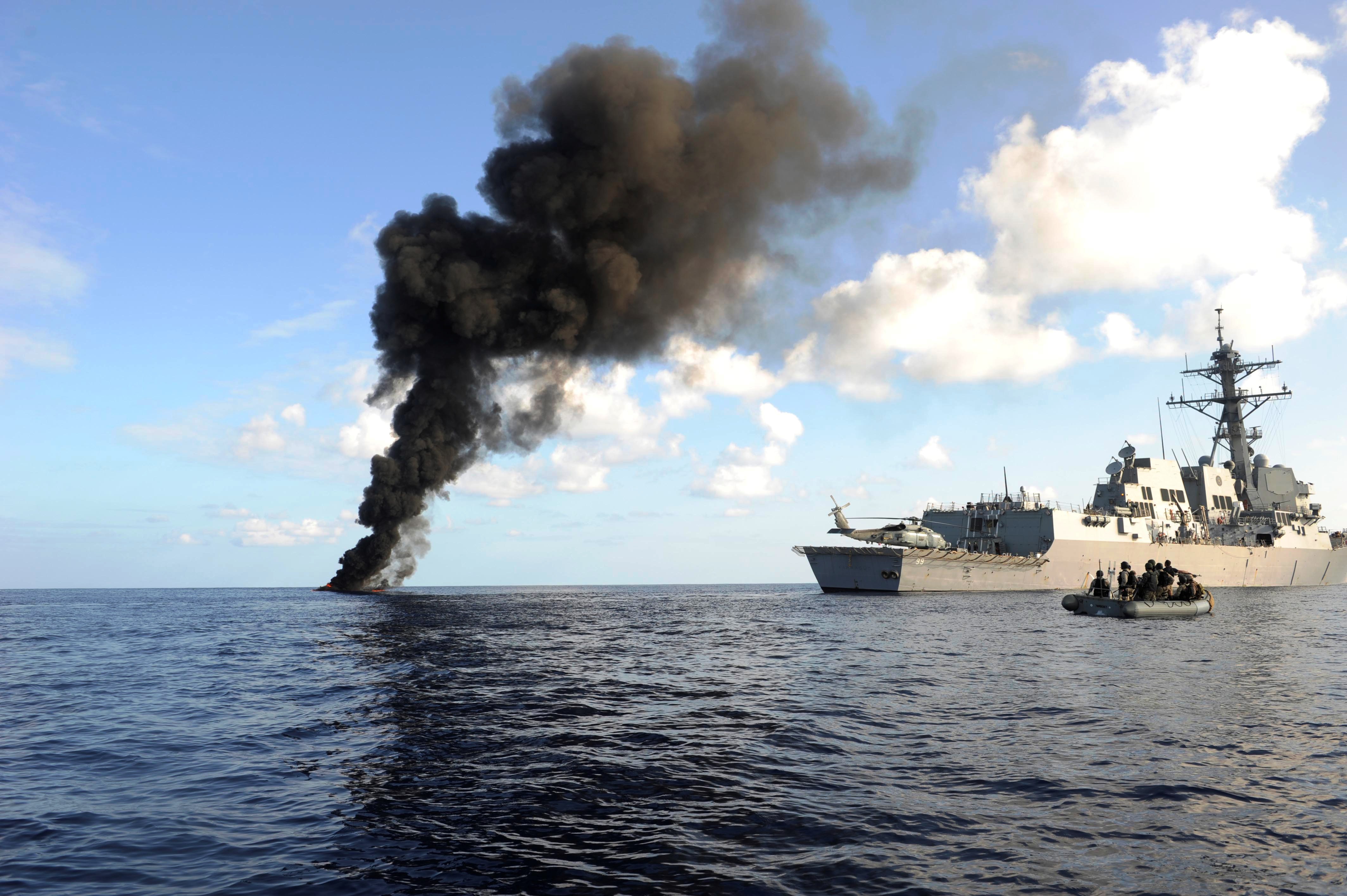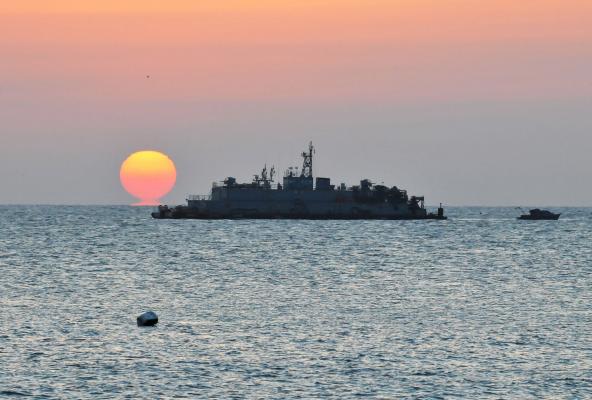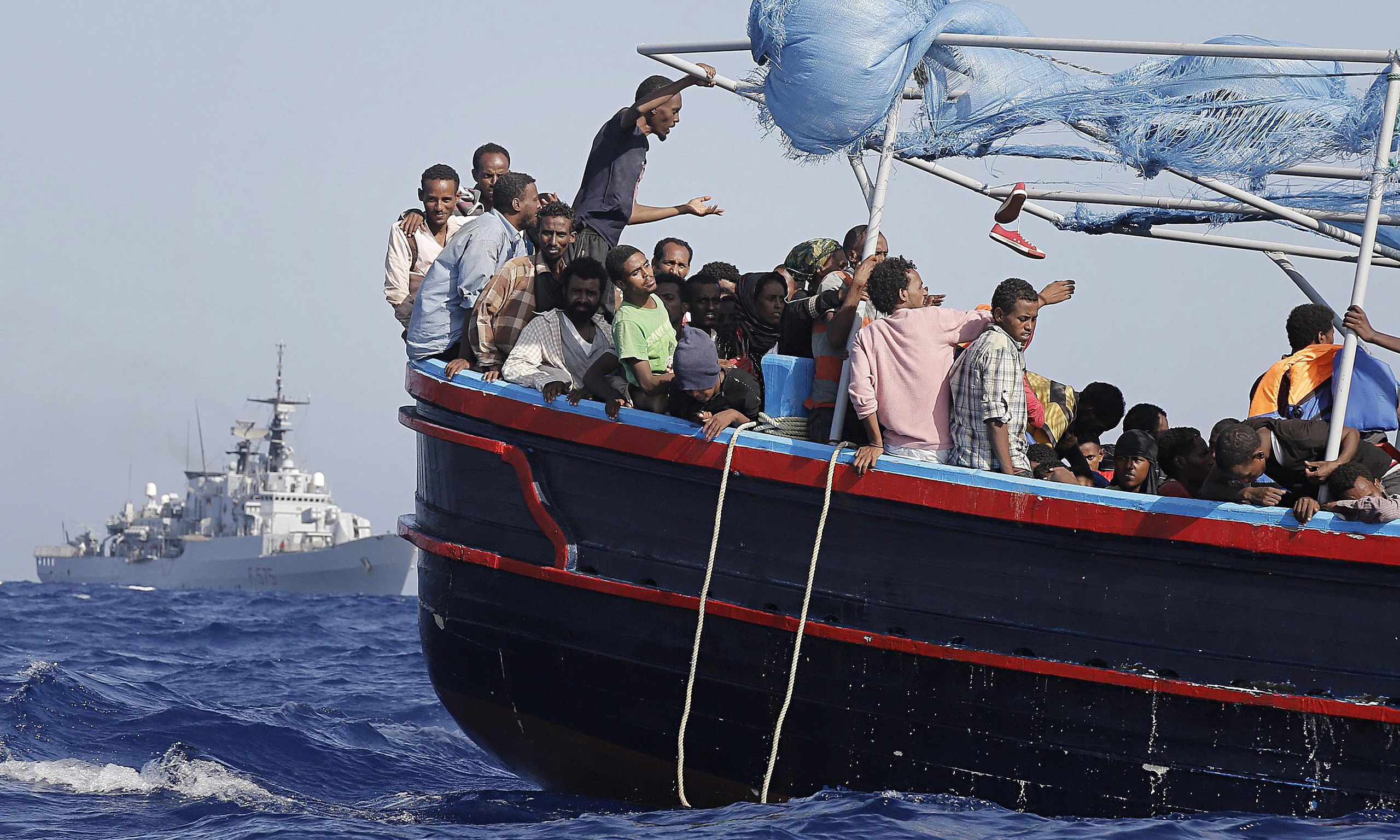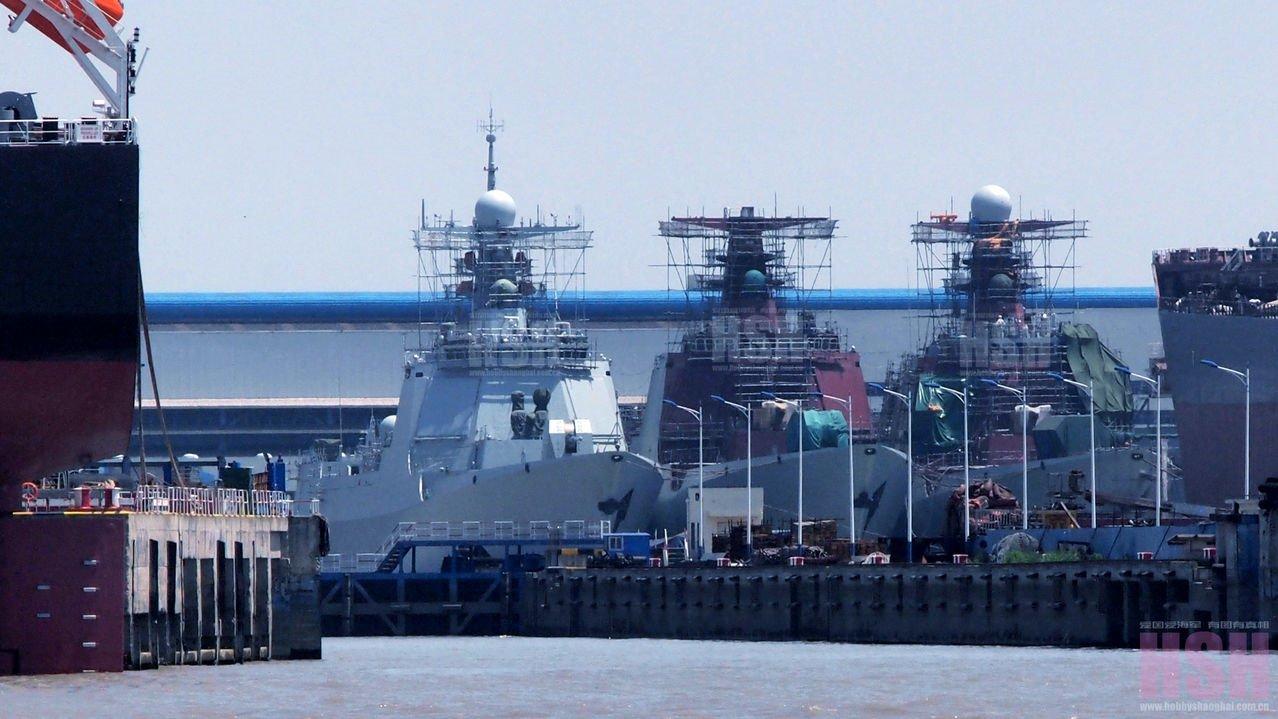As the mission in Afghanistan winds down, the debate over the future of NATO heats up. This is in part due to the 2012 NATO Summit in Chicago, at which the member states fell short of articulating a coherent, compelling vision for the Alliance post-Afghanistan. The new Strategic Concept, adopted at that Summit and held up as the document most integral to NATO next to the Washington Treaty, refers to many areas of interest for the Alliance but does not set out a clear strategic vision for the coming years.
But a workable proposal for NATO reform had been put forward, surprisingly by a non-member state: Sweden. Carl Bildt, Sweden’s Minister for Foreign Affairs, introduced the idea of ‘flow security’ as an over-arching purpose for NATO post-Afghanistan when he spoke at a 2010 conference in Helsinki. Flow security, according to this speech, involves ensuring a safe environment for globalizing processes, namely by securing the free flow of goods, people, and information around the world. Bildt cited NATO counter-piracy operations in the Gulf of Aden as an example of flow security in practice.
 The counter-piracy example is particularly relevant to the Alliance’s current situation. Operation Ocean Shield, which was launched by NATO member states in 2009, has been crucial to securing shipping through the Gulf of Aden. It is estimated that approximately 20% of global trade transits through that waterway. Just as vital, Operation Active Endeavour provides a safe environment for shipping in the Mediterranean Sea and was established by NATO in the wake of the September 11 attacks. It is noteworthy, however, that Active Endeavour has developed into a successful data gathering tool, the consistent naval patrols allowing NATO to track and intercept suspicious vessels. The increasing threat of piracy in the Gulf of Guinea has inspired calls for a NATO operation along the West African coastline similar to the aforementioned Ocean Shield.
The counter-piracy example is particularly relevant to the Alliance’s current situation. Operation Ocean Shield, which was launched by NATO member states in 2009, has been crucial to securing shipping through the Gulf of Aden. It is estimated that approximately 20% of global trade transits through that waterway. Just as vital, Operation Active Endeavour provides a safe environment for shipping in the Mediterranean Sea and was established by NATO in the wake of the September 11 attacks. It is noteworthy, however, that Active Endeavour has developed into a successful data gathering tool, the consistent naval patrols allowing NATO to track and intercept suspicious vessels. The increasing threat of piracy in the Gulf of Guinea has inspired calls for a NATO operation along the West African coastline similar to the aforementioned Ocean Shield.
Applying Bildt’s flow security concept, NATO post-Afghanistan could serve as the nucleus for a global framework securing international shipping. As Bildt himself pointed out in his Helsinki speech, the task of preserving peaceful globalization is “…well beyond both the mandate and possibilities of any single multilateral body.” The deployment of a NATO operation to secure shipping in the Strait of Malacca and the South China Sea, for example, would be politically untenable. The security of these waterways are imperative – approximately one-third of global crude oil and over half of global liquefied natural gas passes through the Strait of Malacca each year – but they lie beyond the traditional geopolitical focus of NATO. However, partnerships with relevant regional arrangements, such as the Association of Southeast Asian Nations (ASEAN), would allow for flow security to be put in practice even in the Pacific. In short, NATO could become the leader for a hub of regional institutions working to ensure legitimate cargo is delivered and illicit maritime traffic is intercepted.
Repurposing NATO as a force for securing international trade may also be an important step in rehabilitating the image of the Alliance. Humanitarian intervention in the Balkans and statebuilding in Afghanistan has drawn much ill will toward NATO in some parts of the world, contributing to resentment and suspicion. In contrast, Active Endeavour and Ocean Shield have enjoyed support from many non-member states. Since 2007, the Ukrainian Navy has contributed several corvettes and frigates to Operation Active Endeavour. By the end of 2013, the Ukrainian Navy is also expected to contribute a frigate to Operation Ocean Shield. Even the Russian Federation and the People’s Republic of China have eagerly participated in Ocean Shield. Among current NATO member states, burden sharing on these operations has not been as pressing an issue as it has elsewhere, with many countries putting forward considerable contributions.
Writing in the 1880s, Alfred Thayer Mahan, an American naval officer and a leading thinker in maritime strategy, called for a coalition between the naval forces of the United States of America and the British Empire. According to this vision, such a coalition would be responsible for securing international trade in the 20th century, guaranteeing the unrestricted flow of goods. While this dream was never fully realized in that century, NATO may yet achieve what Mahan had conceived in this century instead. While Bildt did not overtly draw the connection with Mahan in his Helsinki speech, Mahan’s logic was certainly shared.
As evidenced by the successes of Active Endeavour and Ocean Shield, NATO need not be cast adrift as forces withdraw from Afghanistan. When NATO ministers gather to draft the next Strategic Concept, they should set a course for a maritime future. Simply biding time for the next Libya or Afghanistan may not be enough to keep NATO afloat.




